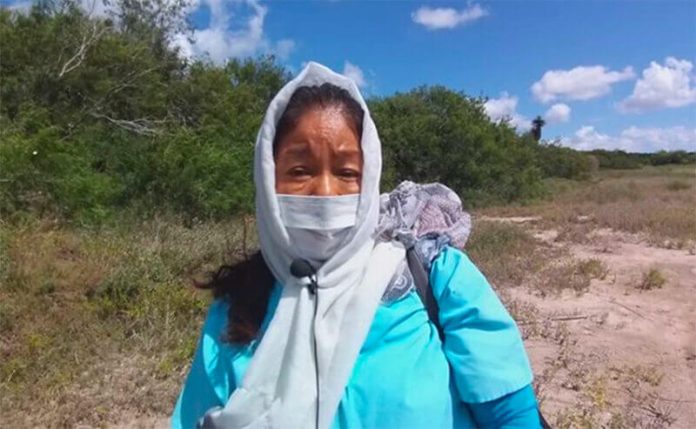Many of the thousands of disappearances in Mexico are not investigated as crimes, according to a United States-based research and advocacy group that has concluded that justice is failing the country’s missing people.
“Justice is failing Mexico’s disappeared starting from the first step of the process: recognizing and investigating disappearances as crimes,” the Washington Office on Latin America (WOLA) said in a press release announcing the central findings of a new campaign it launched this week.
It noted that Mexico’s National Registry of Disappeared and Missing Persons lists more than 23,000 people who disappeared between 2018 and 2020. All are presumed to be victims of crime but fewer than a third are listed in the registry as victims of any specific crime currently under investigation, WOLA said.
“This reflects both a failure by authorities to upload information to the registry – preventing it from fulfilling its potential as a search and investigation tool – and a real gap between disappearance victims and criminal investigations.”
WOLA said that in mid-2021, only 811 of the more than 23,000 recently-disappeared persons were registered as victims of disappearance crimes, a figure that accounts for just 3.5% of the total.
“The majority of disappeared children from 2018-2020 were girls, yet not a single person was recognized as a victim of human trafficking,” it added.
WOLA said that prosecutor’s offices in many states are only investigating a small fraction of missing persons’ cases.
“Prosecutors’ offices in a range of states reported opening far fewer investigations for disappearance crimes than the number of people [who] disappeared in their territory from 2018-2020,” the group said.
“In response to WOLA’s information requests, a series of offices reported a dozen or fewer such investigations in a context of hundreds or thousands of disappeared people. Disappearances are not just being investigated as other crimes: many were not initially, or are not now, recognized as crimes at all.”
Stephanie Brewer, WOLA’s director for Mexico and migrant rights, said that effective investigations are “essential to turning the tide” in Mexico’s missing persons crisis.
“Solving cases is crucial to discovering the fate and whereabouts of the disappeared, mapping patterns, and prosecuting networks of perpetrators, all of which are key to preventing future disappearances. That path starts with treating disappearance cases as crimes and forming a theory of the case and an investigation plan, elements frequently lacking right now,” she said.
There are more than 90,000 missing persons in Mexico, most of whom disappeared in the last 15 years.
WOLA’s “Mexico disappearances” campaign calls on authorities to bring missing person investigations into full compliance with the general law against disappearances, which took effect in 2018.
“This landmark legislation created specialized tools and procedures to investigate disappearances, but three and a half years later, the official data analyzed by WOLA show that the law remains under-applied, leaving the majority of Mexico’s disappearances unpunished,” the group said.
“WOLA and counterpart organizations in Mexico have written to the country’s National Prosecutors’ Conference and National Search System to share key findings and call for these bodies to coordinate action plans to close the gaps between law and reality.”
WOLA said it will publish additional findings over the next three weeks on obstacles that must be addressed at each stage of the investigative process: firstly, recognizing disappearance crimes; secondly, investigating disappearances; and thirdly, securing justice.
Mexico News Daily
